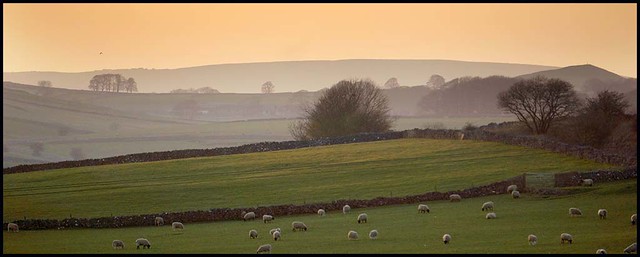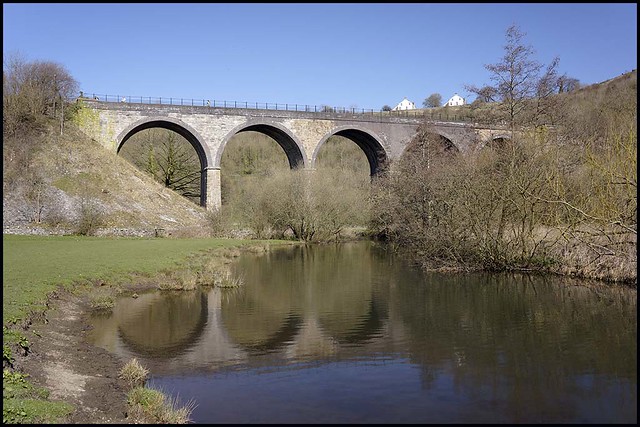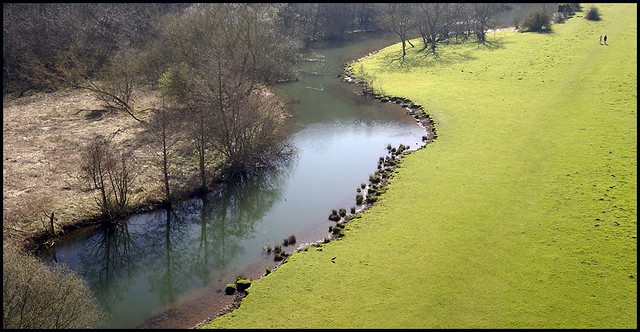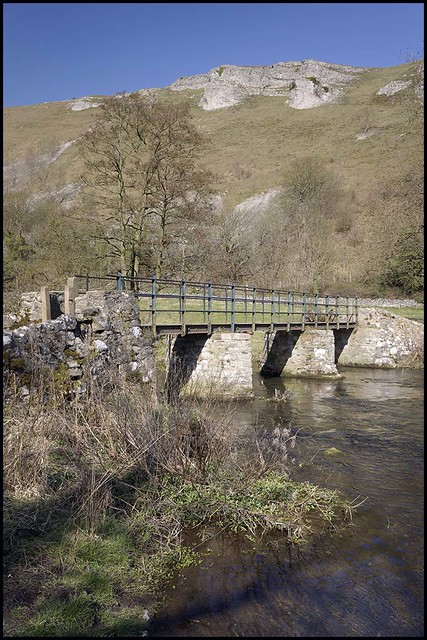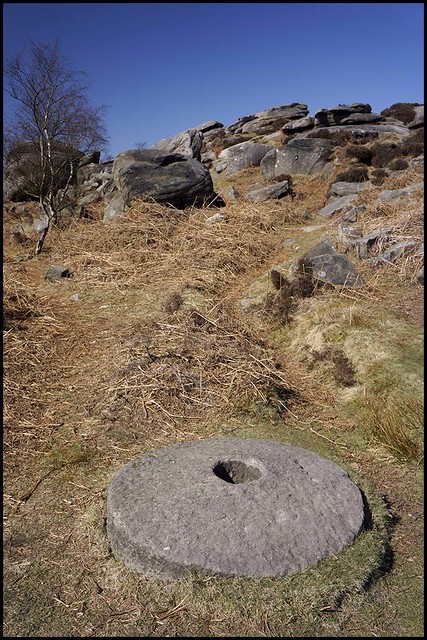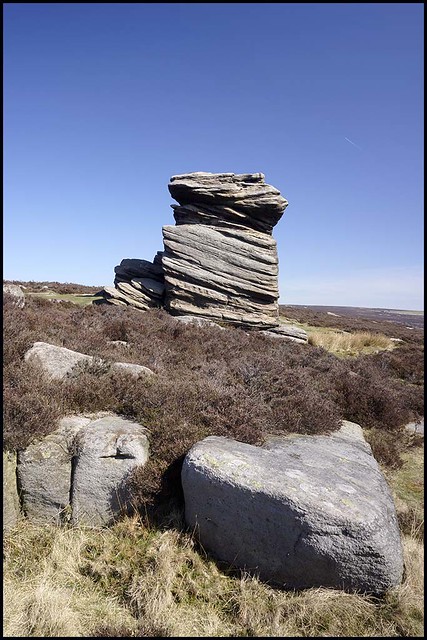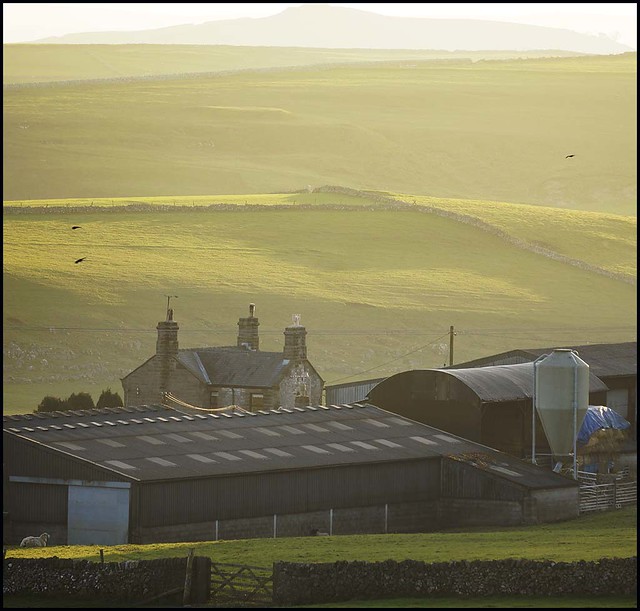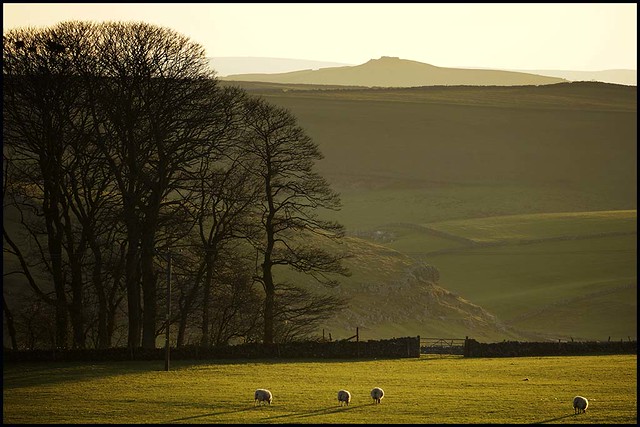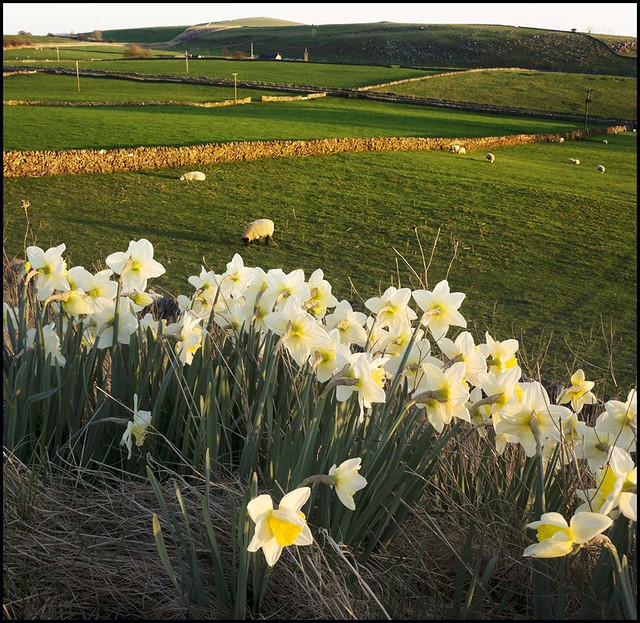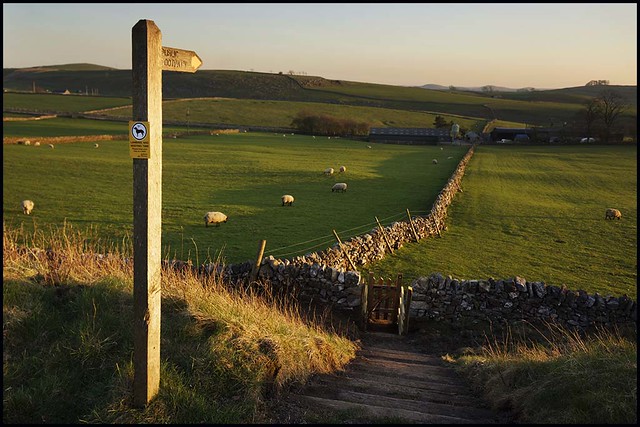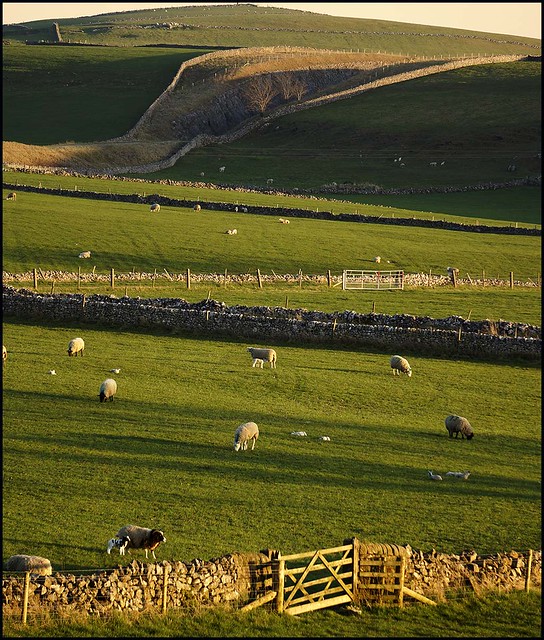All images © David and Ann Taylor-Hughes
Busy day yesterday. More of this summer weather in the UK. All images here taken with the Sony zooms.
Interesting comment on yesterdays posts http://soundimageplus.blogspot.co.uk/2012/03/my-rather-miserable-sony-18-55mm-lens.html & http://soundimageplus.blogspot.co.uk/2012/03/another-rubbish-sony-lens.html on Google+ https://plus.google.com/104558599624253816184/posts?utm_source=googlehp&utm_medium=graphic&utm_campaign=plusyou
"Hugo Benichi - Photozone are famous for getting their resolution test totally wrong. Lenstip have showed once they had many tests published with software sharpened "resolutions" above the physical limit of the sensor for example. Also, it is pretty obvious these tests are made by many different persons who cannot exactly have the same protocol.
In any case the same lens does not perform worse on an increased resolution sensor, all other technologies being equal (like microlenses issues)."
In any case the same lens does not perform worse on an increased resolution sensor, all other technologies being equal (like microlenses issues)."
The bottom line of course is that without these lenses we wouldn't have these pictures.
Its obviously in the interest of certain sites to stir up debate about gear, since that attracts people to them and therefore generates revenue. Though in my experience, not very much of it! I go on endlessly about the exaggeration of small differences, the value judgements and the hyperbole on certain sites and forums. This then gets passed around and usually further embellished and conclusions and opinions get so polarised that it becomes almost impossible to make a balanced judgement.
Sifting through all of this is also made worse because certain sites and magazines are dependant on the "goodwill" of camera manufacturers to keep providing them with review samples, in order that they can continue to be relevant. So will they "bite the hand that feeds them"?? Add in a touch of quasi-scientific justification with a few graphs and charts and you have a recipe for confused misinformation. If I'm looking for information on a camera or lens, I stick to certain tried and trusted sources. Dpreview get it right most of the time, and I very rarely disagree with them on gear that I have used myself, so I tend to believe them about gear that I haven't used. Kirk Tuck and Luminous Landscape can be relied upon to give a decent balanced assessment, though the Fuji X-Pro 1 "review" on the latters site recently was an example of innacuracy and "vested interest fanboyism" but then I can ignore the writer in the future.
The point of all this is that I sometimes despair for the photographer, with a limited budget, looking to make a decision about what gear to buy for the next year or so. I'm in the fortunate position of being able to change something if I don't like it, but not everyone can do that. If for example I was looking to spend my finite funds on a high-end mirrorless / CSC outfit, would I choose the Olympus OM-D, Sony NEX-7, Fuji X-Pro1 or something else? In the end, in terms of the final image quality that I would produce, there is far less difference than is made out. There are differences in high ISO performance certainly and if that is important, the Fuji is the best, though the most expensive.
There are however significant differences in handling and responsiveness and the general feel of the cameras. There are places where you get information on this, and that is where the forums can come in handy. The camera you buy may take wonderful pictures but if you aren't comfortable using it then it can become a burden.
What I try to do here is to give an account of how I find camera / lens combinations to work with and what the results look like to me. Allowing for the provisos that I shoot outdoors, in good light, at low ISO's and the fact that I have my own prejudices, I hope that my experiences are useful in some way.
Finally getting to the point, I would make these observations about the Sony 18-55mm and 55-210mm zooms which I have been shooting with for the last three days. No, they aren't the greatest zoom lenses ever made in terms of image quality, but neither are they the worst. Their great advantage is that they are VERY useful. They are well-made, fast and easy to use with excellent IS (Don't underestimate this as an aid to sharpness by the way) With the NEX-7 sensor they produce images capable of large - scale reproduction both for publication and for personal print use. The notion that they are somehow "sub-standard" or "incapable of showing what the NEX-7 sensor can do" is from my experience with the copies I have, totally untrue.
Those who read here regularly will know that I have pretty exacting standards, both in terms of the fact that taking pictures is my job and the fact that I'm like that anyway! If I had the slightest doubt that using these lenses put me at a disadvantage either commercially or to satisfy my own personal standards then I wouldn't use them. Yes the Zeiss 24mm and my m-mount Voigtlanders are (slightly) sharper, but this is nothing that a very small amount of sharpening can't sort out. With ACR 7 raw conversion both lenses are virtually free from CA and I can produce high-quality files from both.
It has become the latest internet blood sport to trash the NEX lenses and having owned and used all of the current ones, for the life of me I can't understand why. The quality that you get from files taken with these lenses is more dependent on correct exposure, the stability of the camera and careful raw processing anyway. The sensor is more important than the lens and zoom lenses are zoom lenses. They aren't as fast or as sharp as primes, but boy are they useful.
I'm not saying that you should rush out and buy a NEX-7 + 18-55mm lens. But if you feel, after considering all the options, that combination is right for you and will satisfy your needs then I would urge you to treat some of these dire warnings about how "bad" that lens is, with extreme skepticism.
